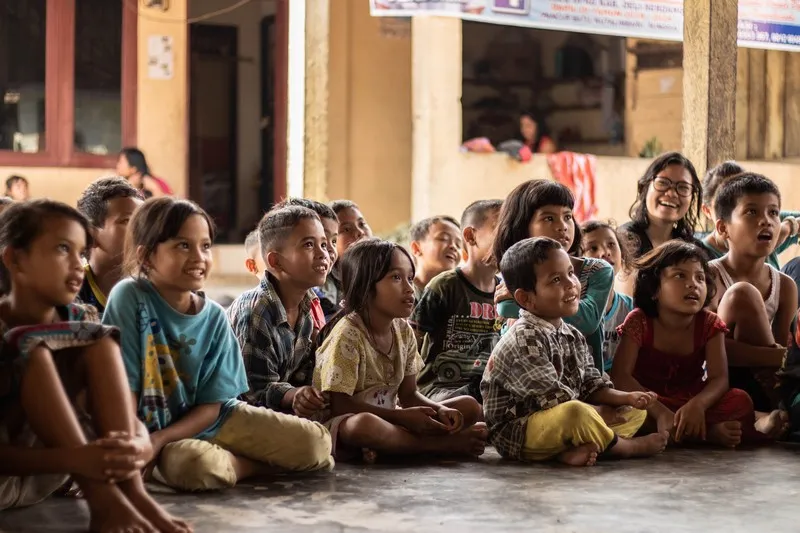Sociology explores various aspects of society, including the impact of material deprivation on educational attainment. Material deprivation refers to the lack of resources and opportunities necessary for individuals to fully participate in society. In this article, we will outline and explain the relationship between material deprivation and educational attainment.
Understanding Material Deprivation
Material deprivation encompasses both economic and social factors that limit an individual’s access to resources needed for educational success. It goes beyond financial poverty and includes aspects such as inadequate housing, limited access to healthcare, and a lack of educational resources. These factors can significantly hinder a person’s ability to succeed academically.
Children growing up in material deprivation often face challenges that affect their educational attainment. They may lack access to proper nutrition, live in overcrowded or unsafe environments, or experience limited parental involvement due to financial constraints. These circumstances can have long-lasting effects on their educational outcomes.
The Impact on Educational Attainment
Material deprivation has a profound impact on educational attainment. Research consistently shows that children from disadvantaged backgrounds are more likely to perform poorly in school and have lower educational aspirations compared to their peers from more affluent backgrounds.
One key aspect of material deprivation is the lack of educational resources. Students from deprived backgrounds may attend underfunded schools with limited access to quality teaching, technology, and learning materials. This puts them at a disadvantage when it comes to acquiring the necessary knowledge and skills for academic success.
Moreover, material deprivation often leads to increased stress and anxiety, which can further hinder educational attainment. Financial instability and the associated pressures can distract students from their studies, impacting their concentration and overall performance in school.
The Cycle of Material Deprivation
Material deprivation and educational attainment are closely intertwined in a cycle that can be difficult to break. Children growing up in deprived environments are more likely to face educational challenges, which in turn can perpetuate the cycle of material deprivation in future generations.
Low educational attainment limits future opportunities for individuals, making it harder to escape material deprivation. Without a good education, individuals may struggle to secure stable employment, earn a higher income, and improve their overall socio-economic status. This perpetuates the cycle of material deprivation, affecting not only individuals but also their families and communities.
Addressing Material Deprivation
Addressing material deprivation requires a multi-faceted approach. Governments, policymakers, and educational institutions need to prioritize efforts to reduce socio-economic inequalities and provide equal opportunities for all students.
Investing in quality education, particularly in disadvantaged areas, is crucial. This includes ensuring adequate funding for schools, improving infrastructure, and providing additional support for students from deprived backgrounds. Additionally, targeted interventions such as mentoring programs, after-school support, and access to educational resources can help mitigate the effects of material deprivation on educational attainment.
Furthermore, addressing the underlying social and economic factors contributing to material deprivation is essential. This involves implementing policies that tackle poverty, improve access to healthcare, and provide support for families facing financial difficulties. By addressing these broader issues, society can create a more equitable environment that promotes educational success for all.
Conclusion
Material deprivation significantly impacts educational attainment, creating barriers for individuals to reach their full potential. By understanding the relationship between material deprivation and educational outcomes, we can work towards creating a more inclusive and equitable society. By addressing the root causes of material deprivation and investing in quality education, we can break the cycle and provide equal opportunities for all individuals to succeed academically.





